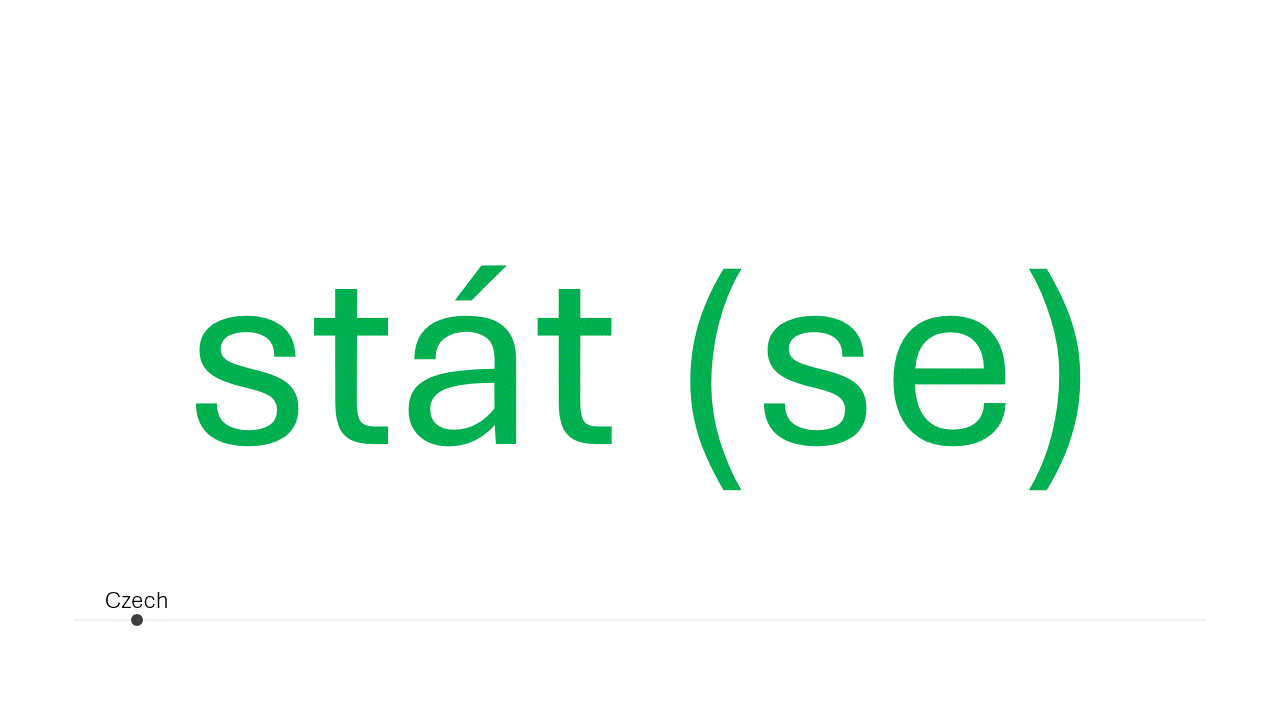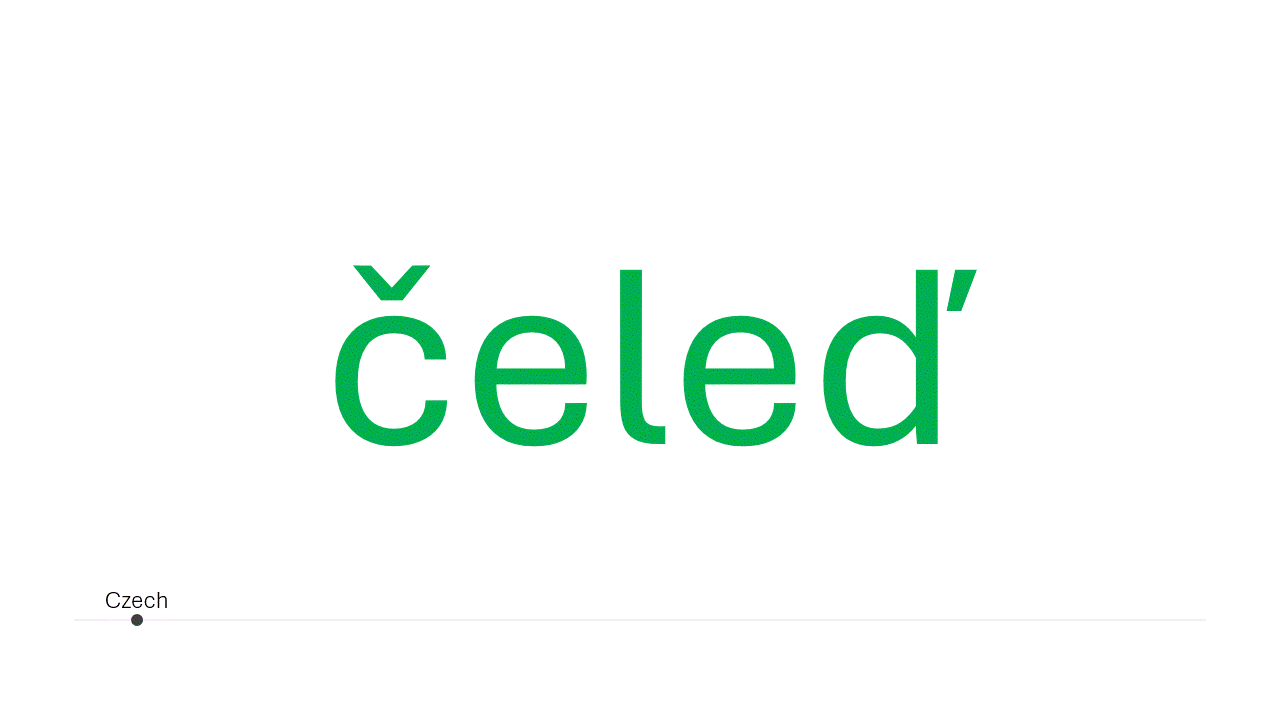Stát (to stand)
Stát is a Czech verb that mean ‘to stand’, but it has also taken on the meaning of the noun ‘state’, both of which are easy to see but their journeys are nonetheless interesting.
The Etymological Tree:
To Stand:
Stát and stand come from exactly the same PIE root meaning ‘to stand’. The simple English descendent has kept to its core meaning, however the Czech version has branched out into more metaphorical uses such as ‘to cost’. You could think of this as, “how much money would stand in for this product?” When the verb is reflexive, then it also takes on the meaning of ‘to become’ and ‘to happen’. These are just a few of its uses in Czech.
To be fair, in English this verb is used in many other ways when paired with prepositions:
to stand up for,
to stand in for,
to stand out,
to stand for,
to stand behind, and
I can’t stand it.
A Political State:
The origin of the noun stát and state in the political sense share the exact same origin as the verb ‘to stand’, however its journey is a little windier. A version of this root word became stātus (i.e. status, position or condition) and this came down through Latin and French and eventually over to English. However, it only took on the political sense of a nation state in the Middle Ages and referred to the condition of a nation.
This use spread throughout Europe and is taken into Czech at the start of the 19th century where it is adopted as a homonym (same sound) of the verb stát due its same origin.
Other Connections:
Statek meaning ‘farm’ actually comes from *steh₂tus where the suffix was swapped for an -ek. Originally it took on the meaning of ‘wealth’ and ‘prosperity’ however it was then applied to a variety of different uses including: good, power, strength, help, support, profit, benefit and property. Nowadays it is mostly used to refer to a farmstead or something of value, particularly in the field of economics.



Vědět (to know) is connected both to vidět (to see) in Czech and ‘wit’ in English meaning ‘intellectual ability’ and ‘to know’; the latter verb form is now largely obsolete.